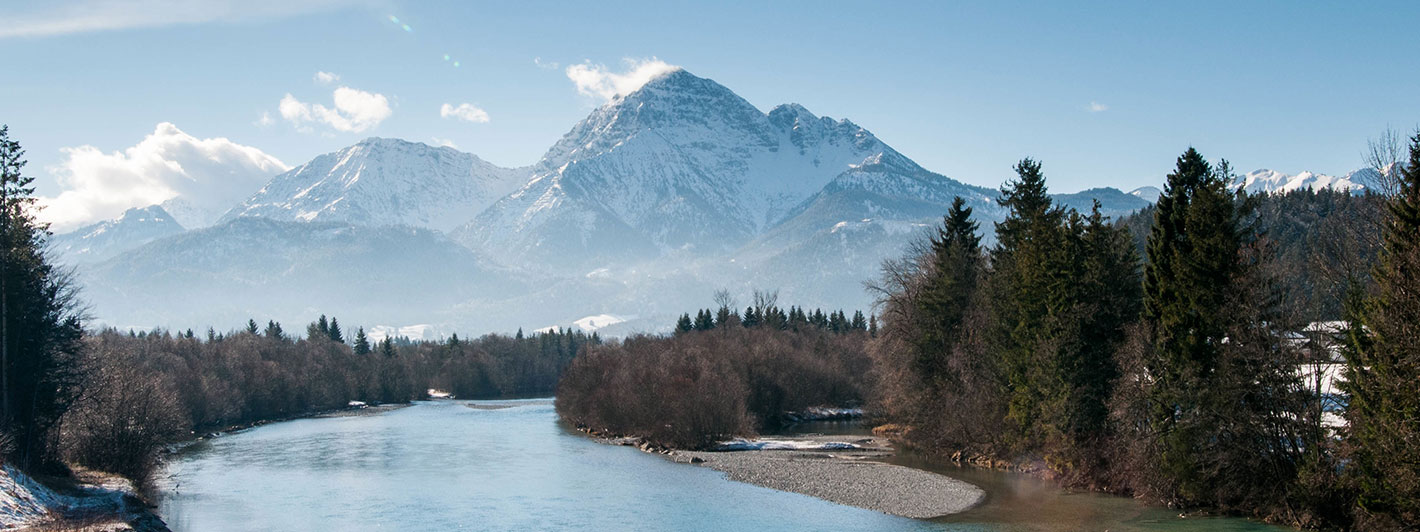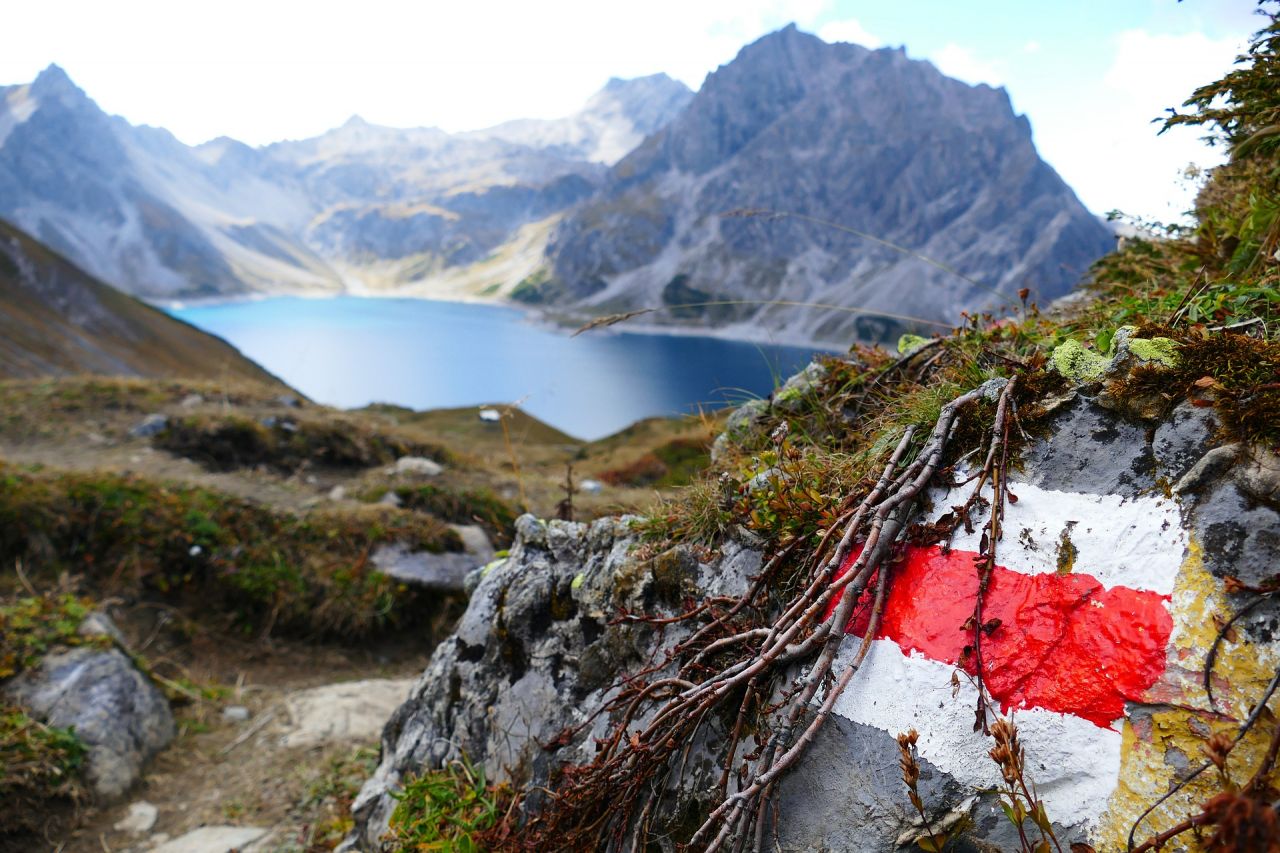Explore Citizen Science Projects
Welcome at Österreich forscht!
Here you can find everything about Citizen Science in Austria. In the future, it should be just as normal to work in a citizen science project as to be a member of an association, e. g. the voluntary fire brigade or a music ensemble. We want people to see science no longer as an elite programme, but as a process that affects all our lives, a process which is an important part of society and is worth understanding. However, the fun and enjoyment of research should not be neglected. We do not understand citizen science as an infotainment concept, but as a collaborative process through which new insights can be gained.
Fossilfinder
- geology
Due to the enormous request and the multitude of consignments of fossil images encompassing almost the entire Earth history, the precise issues and the resulting project target were adapted in accordance to the requirements and wishes oft he citizen scientists. The geographical and chronological distribution of fossils in Austria is…
United by Crisis?
- history
- catastrophs
- land use
- culture
Participate in archaeological field surveys and/or in cleaning, documenting & interpreting archaeological finds. A transdisciplinary look at the early Neolithic communities in the Schletz settlement cluster The project aims to explore the surroundings of the famous Neolithic settlement of Asparn/Schletz (Lower Austria). Numerous human remains suggest a violent attack on…
The Austrian wide winter bird count of BirdLife Austria Every year, the bird conservation organisation BirdLife Austria hosts the "Hour of Winter Birds", the Austrian winter bird count. All nature lovers are invited to count birds for one hour on the days around January 6th. All participants actively contribute to…
Waterbird Census
- animals
Citizen Science with a long tradition The first water bird counts in Austria took place as early as the 1950s. In the following years, the number of counts was gradually increased, and from 1970 onwards Austria-wide surveys have been carried out. This makes the waterbird census one of the longest…
ornitho.at
- animals
Important groundwork for bird protection The association BirdLife Austria has been researching and protecting the native avifauna for over 50 years. Citizen science has always been an essential basis of this work, as BirdLife's expertise is based on decades of collecting bird records. In the past, observations were recorded on…
Breeding bird monitoring
- animals
Annual counts This advanced citizen science project requires knowledge of the common native breeding bird species and participation over several years. Twice a year, the participants count all birds seen and heard at fixed points. The total of all counts is then used to calculate population trends. The available data…
Golden jackal
- animals
The golden jackal (Canis aureus) was not considered native in Austria, until the first golden jackal discovery was made in 1987, followed by sporadic records scattered over several federal states and in 2007 the first reproduction record was documented in the National Park "Neusiedler See-Seewinkel". Since then, rumours about camera…
Herpetofauna
- animals
Amphibians and reptiles under observation in Austria Importance and evaluability of databases increase with the extent, the precision and the currency of the data stored. The Natural History Museum Vienna, one of the largest non-university research institutions in Austria, houses more than 30 million objects from the fields of biology, earth…
Octopus Intelligence
- animals
- water
Do you love diving or snorkeling? Then become part of marine research! Octopus Intelligence invites you to observe wild octopuses in the Northern Adriatic Sea and document your sightings. Every observation helps to learn more about these fascinating animals and their habitat. What are the aims of the project? The…
Wettermelden.at / Trusted Spotter Network Austria
- wetter
- katastrophen
Many weather phenomena as well as their impacts and damage on the ground are reported in real time or immediately after the event by means of weather reports. Within the framework of the Trusted Spotter Network Austria, all reporters can be trained to become particularly trustworthy observers. All weather and…
COwWEL
- health
- culture
- food
- animals
A OneWelfare approach studying food vulnerability. The project "COwWEL" examines, together with citizen scientists from socio-economically disadvantaged groups, conditions that promote or hinder healthy and sustainable consumption behaviour in these groups, taking into account attitudes toward animals and their welfare. The goal is to develop strategies and information material to…
Invasive Plants in View
- land use
- plants
Monitoring in the Karawanken UNESCO Global Geopark Together we can limit the spread of invasive species and protect the biodiversity of our mountain regions! Project description Our Citizen Science project is dedicated to the spread of Invasive Alien Species (IAS) in the Geopark Karawanken. Invasive species are plants or animals…





